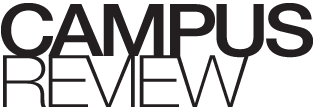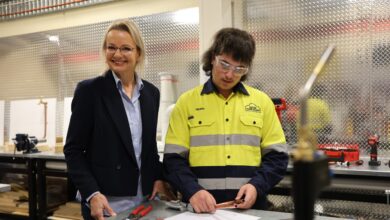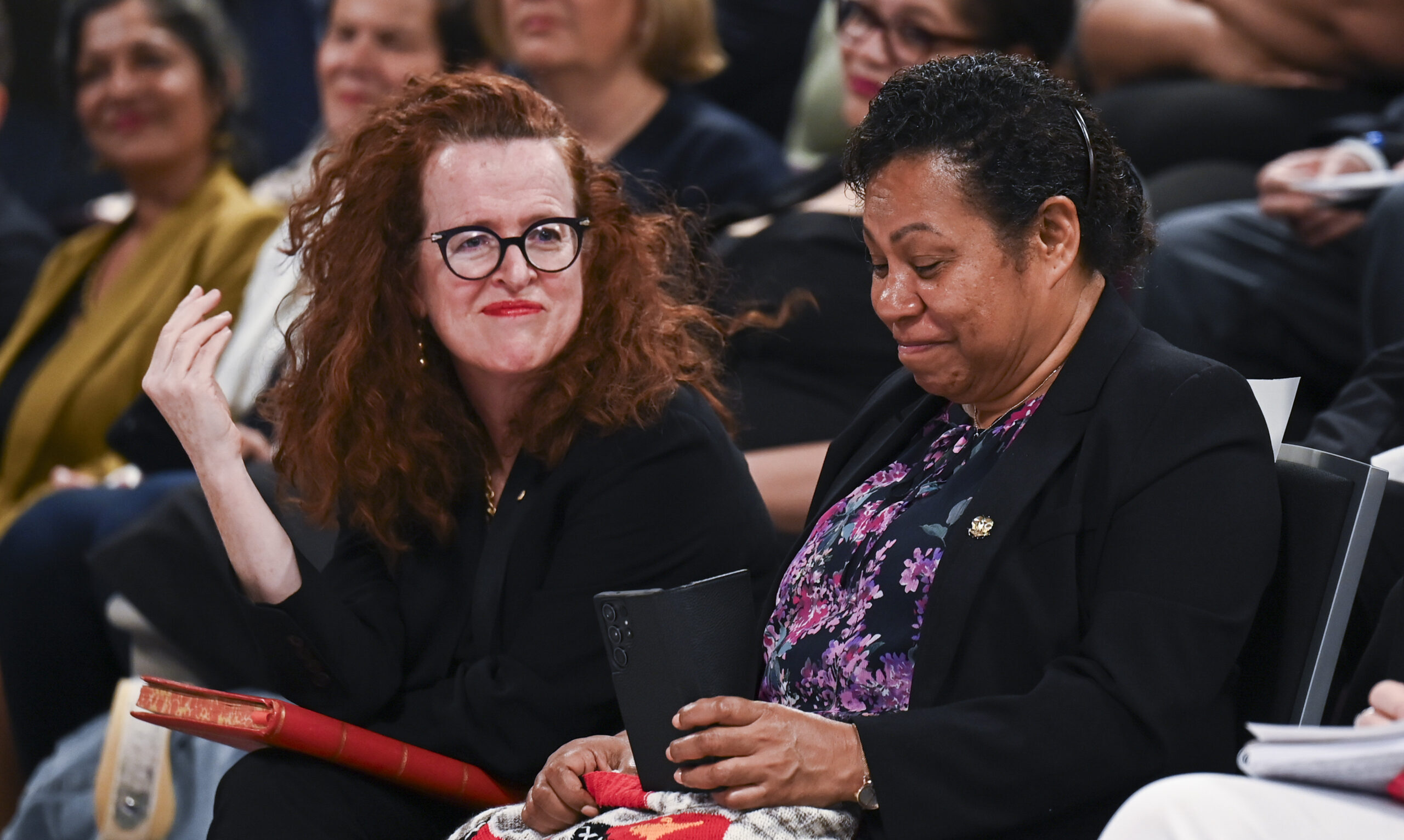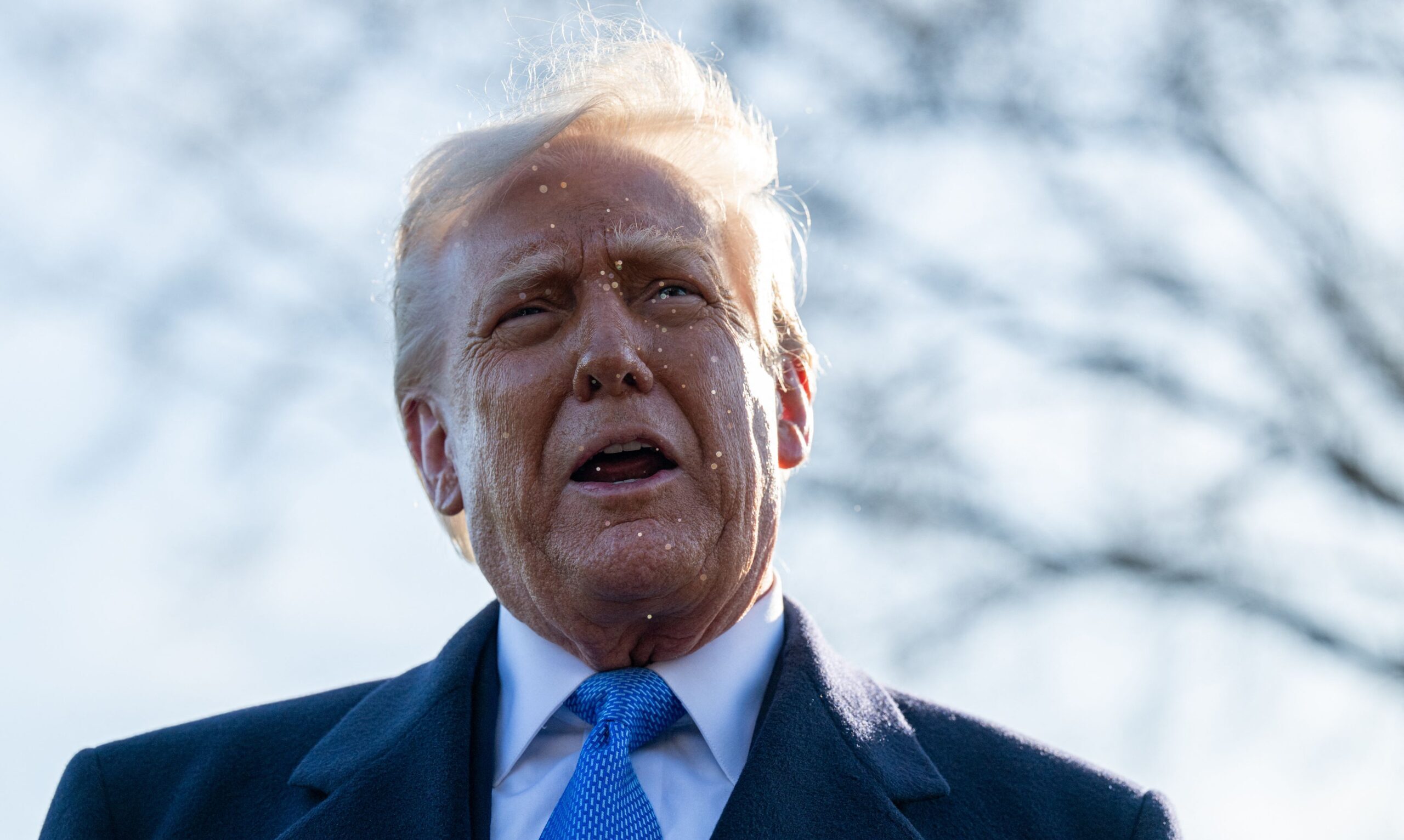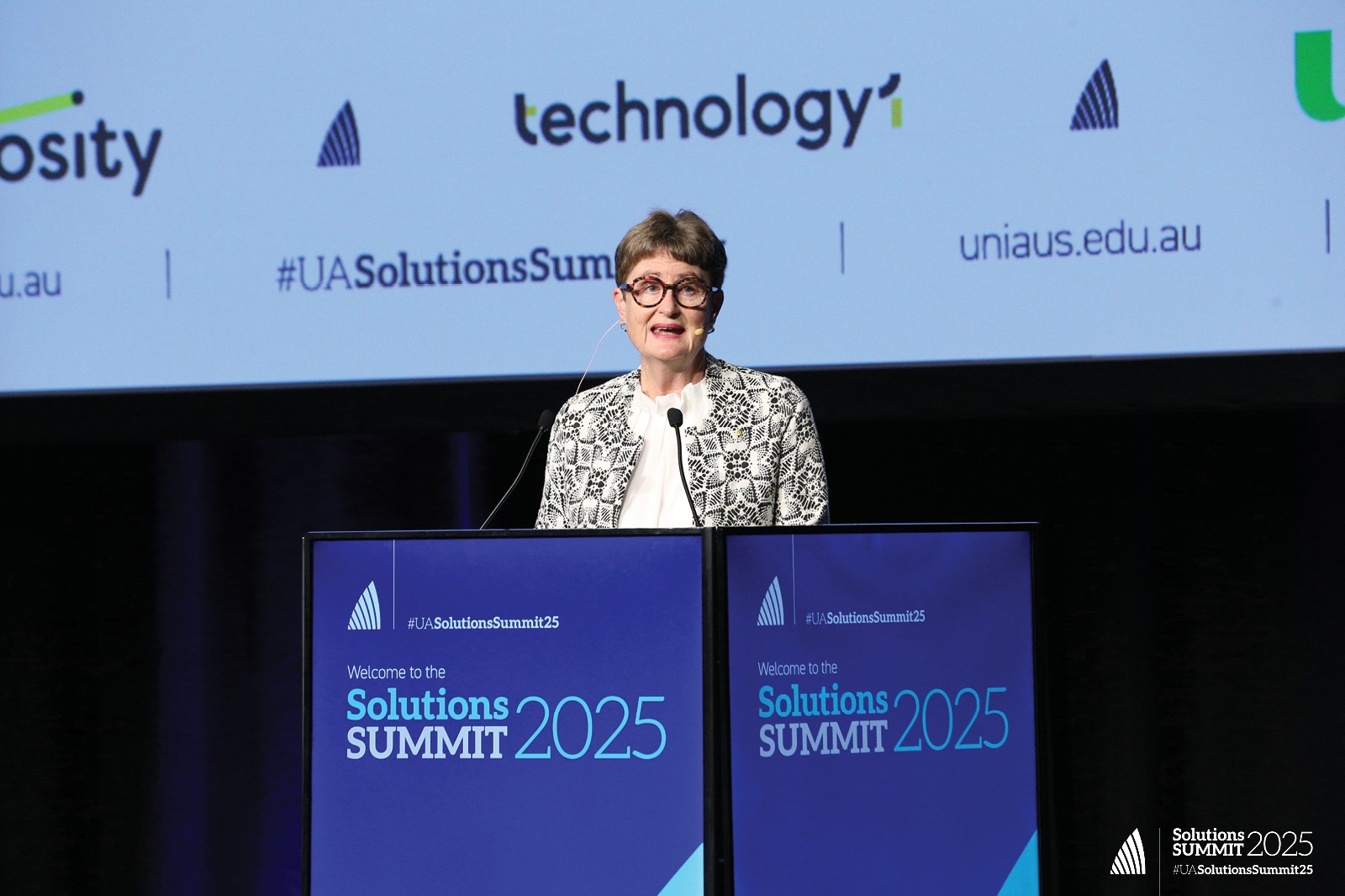Top StoriesVET & TAFE
TAFE should be local, industry aligned force, review says
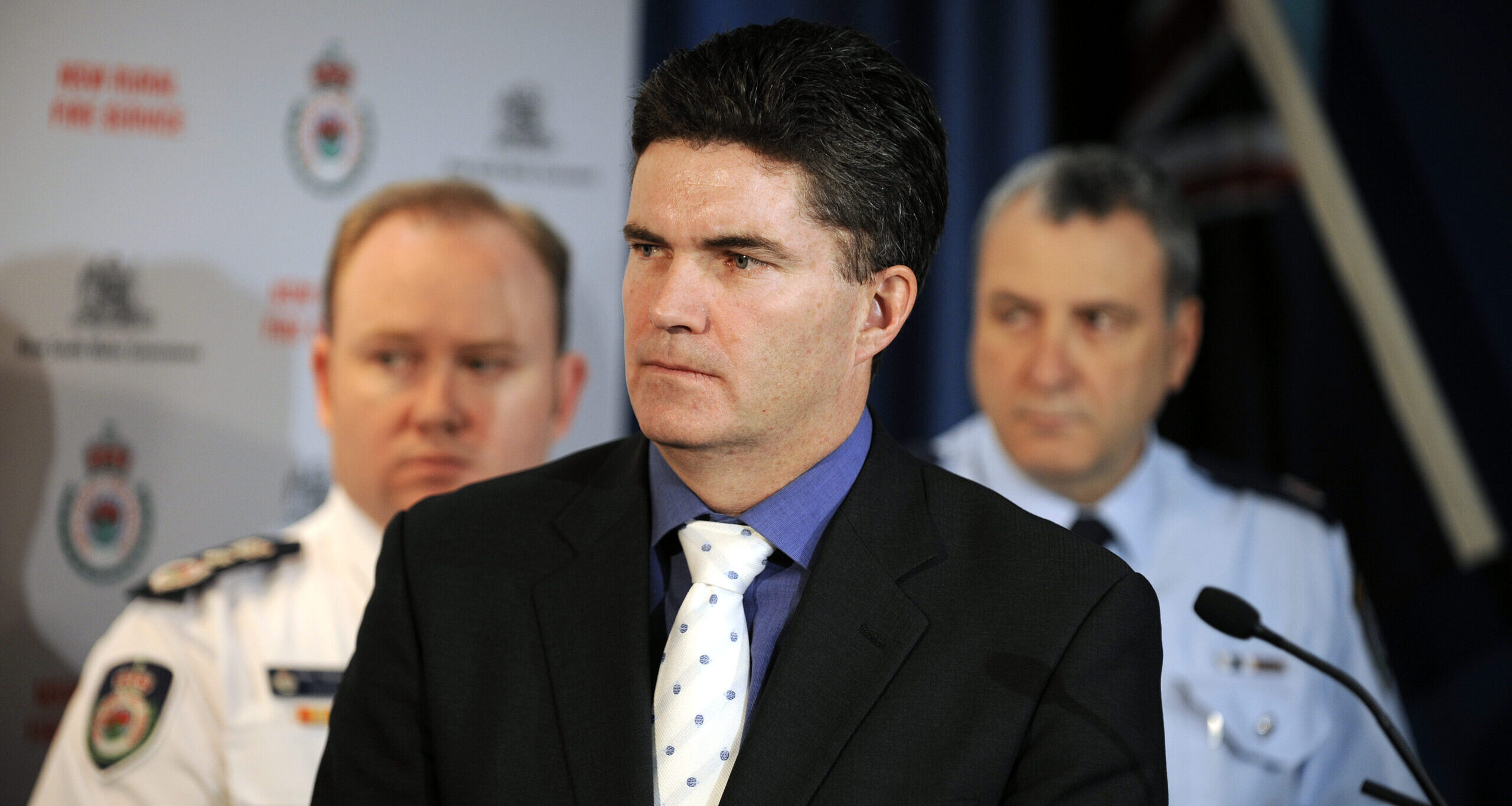
Vocational education and training (VET) should be led by "best-practice" TAFEs that act as leaders in meeting critical skills needs, a NSW VET review says.
Please login below to view content or subscribe now.
